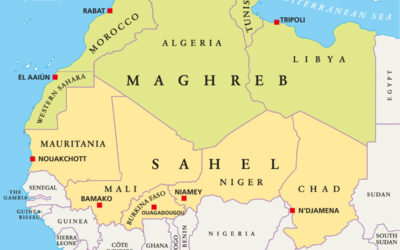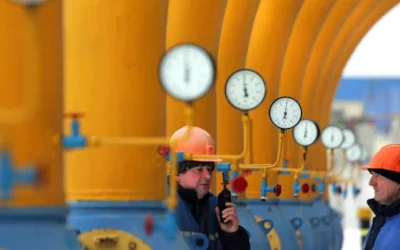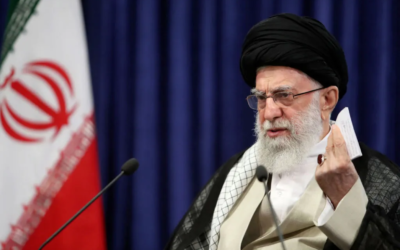In May 2019 the European Commission presented the Multiannual Financial Framework 2021-2027 (MFF), a seven-year budget for the European Union taking into account the consequences of Brexit and the new needs that has arisen after several changes in the resource distribution.
What is the multi-annual financial framework
The multiannual financial framework (MFF), also called financial perspective, is one of the three components of the EU system, together with the EU budget and the European Own Resources System. According to the Treaty on the Functioning of the European Union, the multiannual financial framework ensures the orderly evolution of the expenses of the Union within the limits of its own resources over a period of five years at least.
MFF is a budgetary planning tool defining priorities, how much and in which areas the EU should invest over seven years, implementing the Union’s policies in key areas such as the environment, security, the single market and cohesion policies.
The effects of MFF are important for the Member States and maybe the full impact of these funds on national budgets is not sufficiently taken into account.
Very often the politician dialectic does not refer to the economic effects of European programs, which are essential for the European countries, especially for Italy, one of the countries that pays more into the European coffers than it receives through funding programs.
What changes in the new financial perspective
Going back to MFF, the budget is 1,135 billion euros, almost a third higher than the 2007-2014 austerity budget (which was between 900 and 1000 billion euros), but substantially in line with the budget of the previous seven years 2014 -2020, with European countries called to increase their contribution to 1.11% of GDP (today it is 1%).
The picture that emerges is of a considerable increase in resources in the research, environment and youth sectors and a slight cut in traditional policies: less funds for agriculture and cohesion policies, more investment for research (for example the Horizon2020 program goes from 80 billion of assets to almost 100), immigration, defence and the environment.
The European Parliament has criticized the small budget and the cuts to the Common Agricultural Policy (CAP) and the European Social Fund, while it has expressed its intention to raise spending for the environment to achieving the goal of reducing the 30% emissions, in line with the commitments on the Paris Agreement on climate change.
Italian reactions to MFF
Several member states, including Italy, have expressed opposition to the cuts to the Social Cohesion Fund and the CAP. On this point Confindustria also hopes for a budget that, although attentive to innovation and research, will not make cohesion policies lose their true contribution to ambitious economic growth in Europe.
The proposals for the new financial framework are being examined, the hope is that Italy will find its way to play a leading role in the negotiation phase to achieve useful results both for economic growth (for example in the context of agricultural policies, transport and technological development) and the protection of national interests through the request for more resources to cooperate with the countries of origin and transit to facing e the migration crisis.



